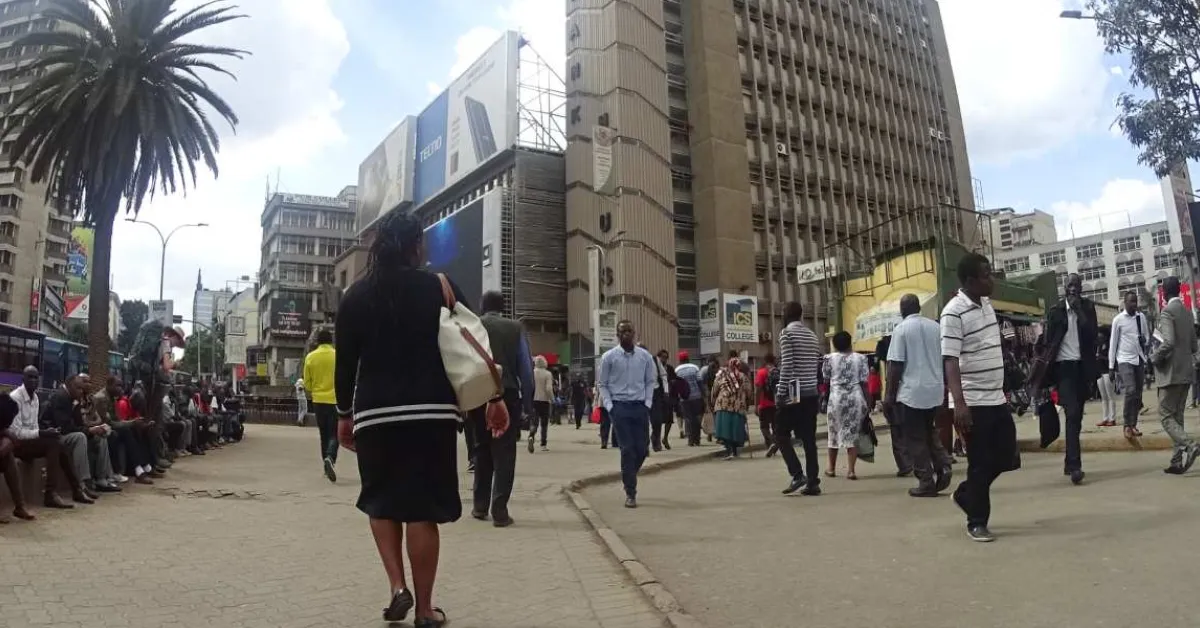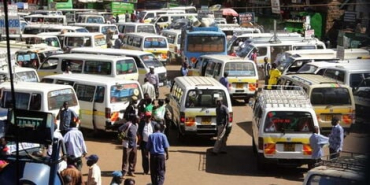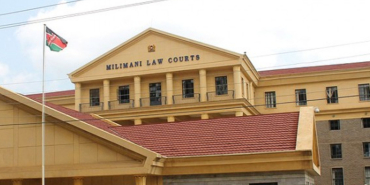Why Putting Food on the Table is Now a Struggle in Nairobi

Nairobi is grappling with a severe food and energy crisis, as escalating prices prompt residents, particularly in informal settlements, to forgo essential meals.
According to a recent report from the African Cities Research Consortium (ACRC), the increase in living costs is leading to alarming rates of malnutrition among children. The report highlights that these conditions pose risks to children's physical and intellectual development, which may have lasting effects on their future well-being. The precarious circumstances in Nairobi’s informal settlements are underscored by rising instances of stunting, wasting, underweight conditions, and micronutrient deficiencies among children.
While efforts to promote healthier diets are being implemented in public primary schools, numerous informal educational institutions remain underserved, leaving many children at risk of food insecurity. Adding to the crisis is the inadequate provision of essential services in these settlements, including access to clean water and sanitation, solid waste management, and transportation. Informal providers, often operating under the influence of politically protected cartels, deliver substandard and expensive services that heighten the vulnerability of residents.
The ACRC report also points to a widening gap between the demand for and supply of essential services, driven largely by Nairobi's rapid population growth and urban expansion. Researchers identify a lack of integrated planning in land use, housing, and infrastructure as a significant barrier to the city’s economic development and resilience against climate change. Wale Akinyemi, a prominent figure at the report’s launch, stresses the importance of aligning infrastructural development with social reorientation and reinforcing mental infrastructure to achieve sustainable growth.
He urges development stakeholders to incorporate social considerations into their projects to ensure they benefit the broader community. Additionally, the report highlights that a sizable segment of Nairobi's labour force is stuck in informal employment characterized by low productivity and inadequate wages. The escalating costs of business operations, along with a sizeable informal economy and political corruption, further complicate governance and the delivery of crucial services, particularly in underserved areas.
Significant disparities exist in housing within Nairobi, with considerable variations in shelter quality and access to infrastructure among different settlements. Shuaib Lwasa, Director of the ACRC, emphasizes the transformative potential of their research program in driving inclusive urban change.
"Inclusive urban transformation is essential for Nairobi's future," Lwasa states, urging that the evolution of the city must benefit all its inhabitants equitably and that no group should be left behind.














Add new comment